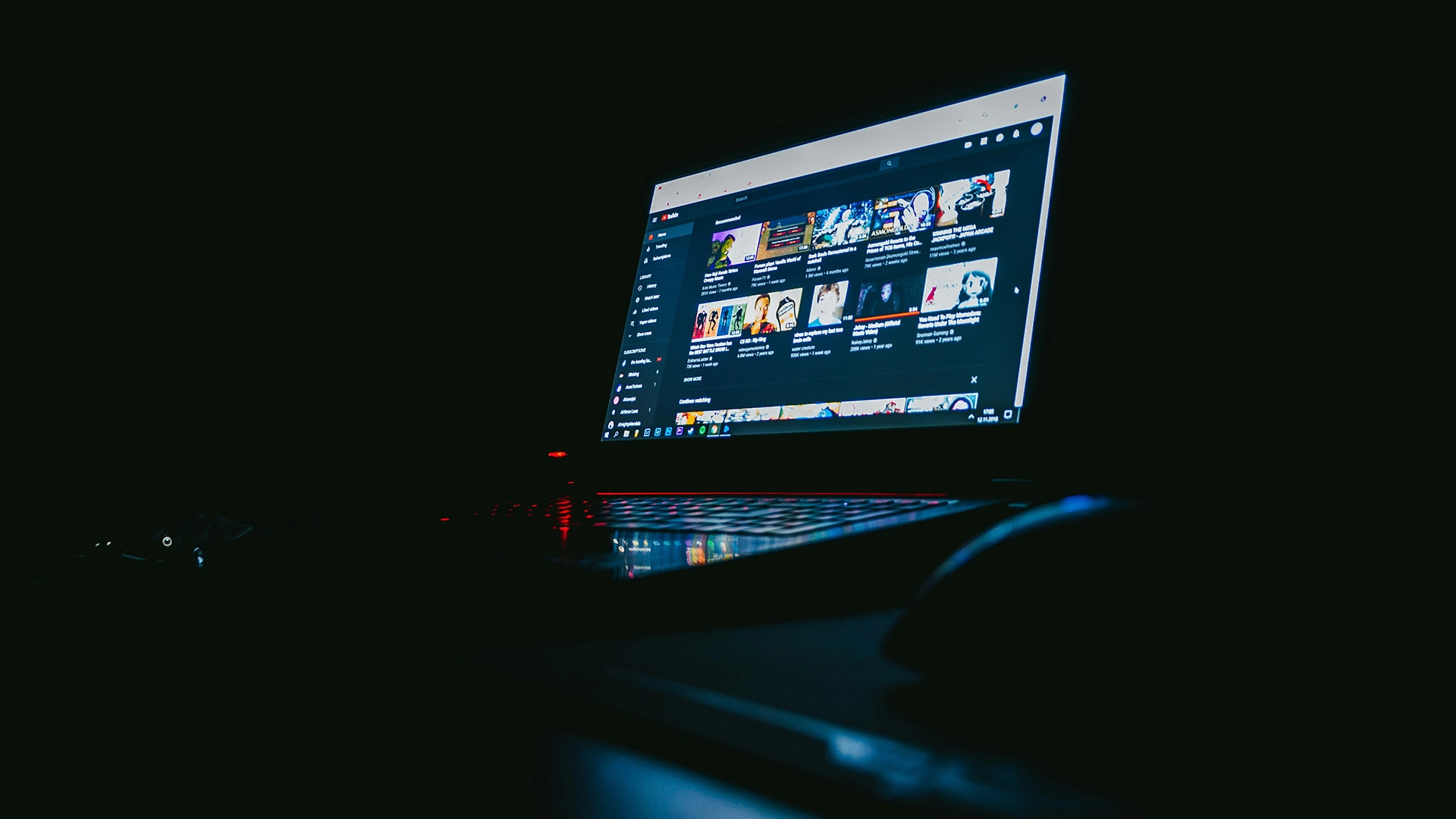
Image by Leon Bubliz, from Unsplash
YouTube Secretly Used AI To Alter Creators’ Videos Without Permission
YouTube has admitted to quietly using AI to alter videos without telling creators, sparking concerns about trust and reality in online content.
In a rush? Here are the quick facts:
- Subtle edits included sharpening, smoothing skin, and warping details.
- Creators noticed strange changes.
- YouTube confirmed AI tests on Shorts to “improve clarity.”
Rick Beato, who runs a channel with over five million subscribers, noticed something odd in one of his recent uploads.
“I was like ‘man, my hair looks strange […] And the closer I looked it almost seemed like I was wearing makeup” he said to the BBC, who first investigated this story. he added. At first, he wondered if he was just imagining things. But he wasn’t.
In recent months, YouTube has used AI to sharpen images, smooth skin, and even warp ears in subtle ways. The modifications remain difficult to detect when viewed independently but numerous content creators believe these changes produce an artificial appearance that resembles AI-generated content.
“The more I looked at it, the more upset I got […] If I wanted this terrible over-sharpening I would have done it myself. But the bigger thing is it looks AI-generated. I think that deeply misrepresents me and what I do and my voice on the internet. It could potentially erode the trust I have with my audience in a small way. It just bothers me.” says music YouTuber Rhett Shull, as reported to BBC.
Shull produced a video showcasing these changes:
After months of speculation, YouTube confirmed the edits were part of a test on Shorts. “We’re running an experiment on select YouTube Shorts that uses traditional machine learning technology to unblur, denoise and improve clarity in videos,” said Rene Ritchie, YouTube’s head of editorial and creator liaison, as reported by BBC.
But experts warn it’s more than just a technical tweak. “This case with YouTube reveals the ways in which AI is increasingly a medium that defines our lives and realities,” says Samuel Wooley of the University of Pittsburgh, as reported by BBC.
Wooley adds, “What happens if people know that companies are editing content from the top down, without even telling the content creators themselves?”


 Previous Story
Previous Story

 Latest articles
Latest articles 